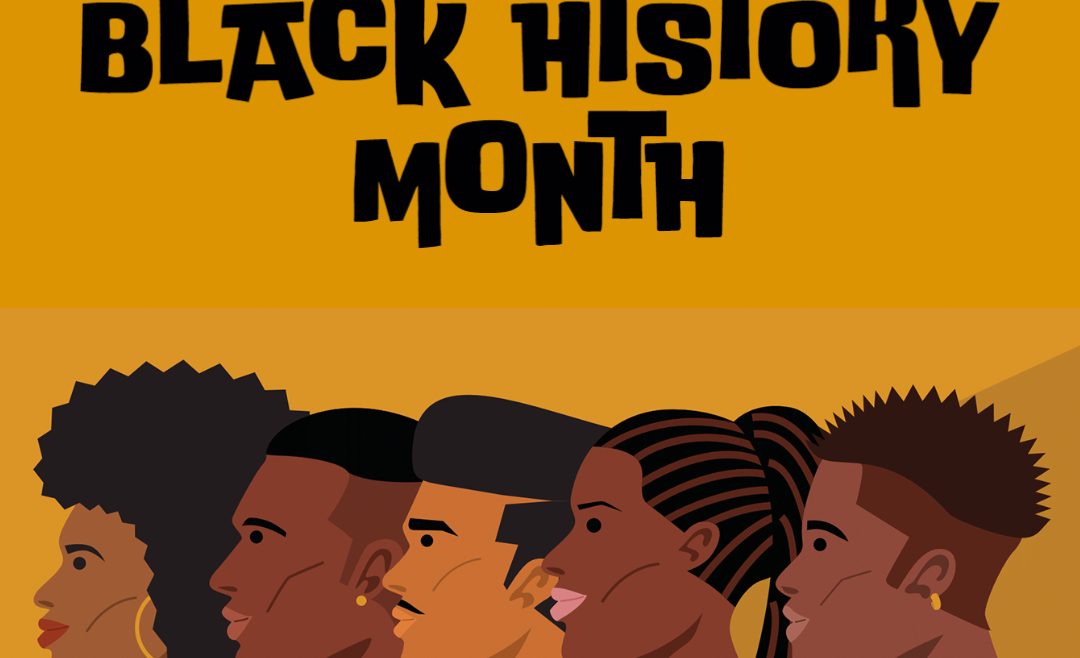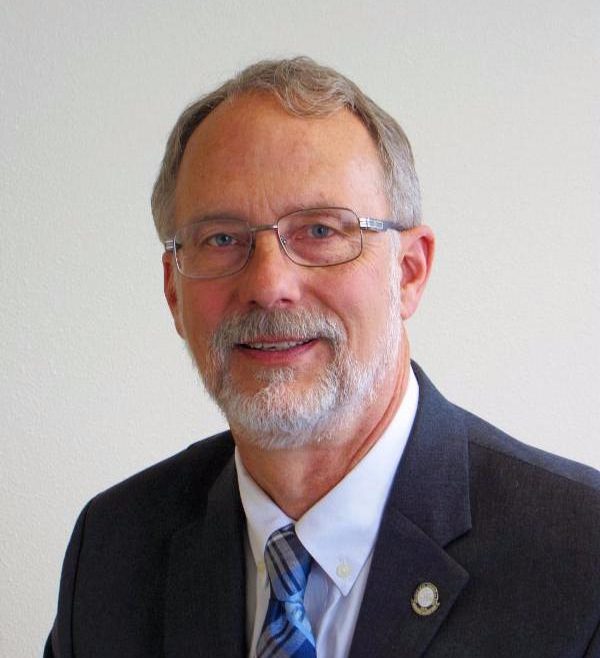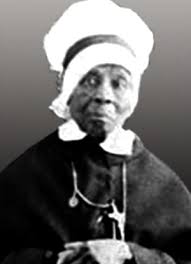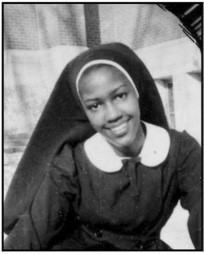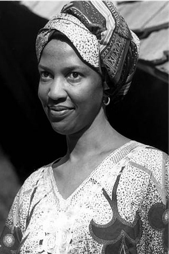Written by: Doris M. Barrow, III, Director and Campus Minister at the Texas Southern University Newman Center and Vincentian at St. Monica Conference
Submit yourselves to God. Resist the devil, and he will flee from you. Draw near to God, and he will draw near to you. Cleanse your hands, you sinners, and purify your hearts, you of two minds. James 4:7-8
Resistance can sometimes become and appear politically charged in our present-day lives and unfortunately bear negative and unchristlike connotations within the Church. Some mislabel resistance by calling it disobedience to authority, and unnecessary, but in my estimation, as I reflect on verses 7-8 from the Letter of James chapter 4, true resistance is against the evil one, the liar and father of lies. (Cf. John 8:44)
True resistance as St. Paul extols to the church in Ephesus, is a battle against evil. In chapter 6:10-17 in the Letter to the Ephesians, the Apostle explains that in order to battle the evil one and to resist the devil, we must draw the strength to do so from God’s power. Working under our own power to foster resistance is not sufficient nor sustainable. True resistance requires the supernatural power of Almighty God to combat the evil one, his works, and all his empty promises.
When the baptized disciples of the Lord Jesus Christ put on the full armor of God, we are better equipped to stand up to the tactics of the devil. Sometimes, these tactics, unfortunately, take root in the hearts of men, and manifest in the language and work of believers and stand in direct opposition to the teachings of Jesus Christ. The corporal works of mercy (charitable actions by which we help our neighbors in their bodily needs) and the spiritual works of mercy (helping our neighbor in their spiritual needs) are found in the teachings of Jesus Christ and this is where we are afforded the blessed opportunity to resist the tactics of the evil one by loving others as God loves. You see friends, God provides a blueprint through the teachings of Jesus and the power to carry out all works of mercy, which I believe is true resistance of the evil one.
Sisters and brothers, I have offered for your consideration a reflection on how Sacred Scripture provides guidance to true resistance. In light of that reflection, I would like to share the story of a group of college students attending a Historically Black University in Houston, Texas that demonstrated the true resistance I believe God gives the strength to facilitate.
On March 4, 1960, members of the Progressive Youth Association (PYA); students at Texas Southern University (TSU), gathered at the flagpole near Hannah Hall, they prayed, lined up in pairs, and 13 Texas Southern University students marched to the Weingarten Supermarket, about a mile from campus. According to TSU journalism professor Serbino Sandifer-Walker, during a television interview, 60 Years ago today, students protested to end segregation, the students “went into this supermarket and they sat at this lunch counter determined to be served.” “But they weren’t served. But they weren’t discouraged. They stayed there until they were ushered out.”
These brave young souls joined a long-standing and ongoing fight of resistance against the structures of Houston’s legal segregation laws. These laws not only applied to where people dined and shopped, but they also applied to higher education. The creation of the university, these young protestors attended, was established in 1947 for black Texans in Houston. Dr. Alvia Wardlaw, Curator of the University Museum at TSU, in her article, Heart of Third Ward: Texas Southern University, stated that the reason the university was created, was due to the “outgrowth of the bittersweet Sweat v. Painter ruling that denied Herman M. Sweat, an African-American college graduate, and World War II veteran, admission to the University of Texas Law School in Austin.” It seems fitting that the college students at TSU helped to desegregate the city of Houston.
There is nothing wrong with resistance.
The preface to the Pastoral Constitution on the Church in the Modern World, Gaudium Et Spes (Hope and Joy), are fitting as a conclusion, and these words come to mind when I think of the TSU college students who made a conscious decision to resist segregation and I am a beneficiary of it. Approximately 5 years after the sit-in, Gaudium Et Spes was promulgated by Pope St. Paul VI during the Second Vatican Council in 1965 and the first sentence of the document, in my humble opinion, speaks to the experience of the Texas Southern University students and offers an invitation to the disciples of Jesus Christ to engage in true resistant when it is needed.
The preface to Gaudium Et Spes reads,
The joys and the hopes, the griefs and the anxieties of the men of this age, especially those who are poor or in any way afflicted, these are the joys and hopes, the griefs and anxieties of the followers of Christ.
In what way is God calling you to a ministry of true resistance?
Mary, our Mother of Mercy, pray for us.

